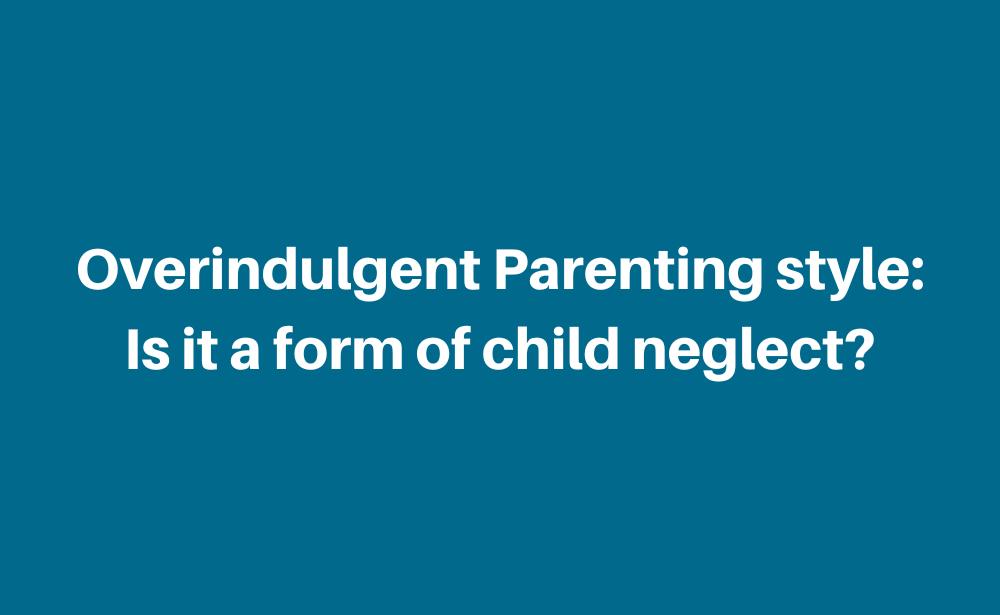By Ms Josephine Lim, Lecturer, Faculty of Education & Social Science
We all had heard peers telling stories about their classmates or friends whose parents gave them 50 bucks for their weekly allowances when they were 13; it increases to 200 -300 bucks weekly in college.
And finding a job that pays 2K monthly, as fresh grads, seems small and instantly, financial woes and bleak financial future even without thinking about gaining experience in the workforce and salary will increase over time.
Overindulgent Parenting Style and Its Harm to Children.
Overindulgent parenting, also known as “over-permissive” or “over-nurturing” parenting, is when a parent tends to provide their children with whatever they want or wish and guidelines for discipline are lenient and absent.
Dawson and Bredehoft (2005) declare that overindulgence is damaging and can be considered a “form of child neglect”.
An overindulgence is a form of child abuse, and it cripples a child. Children form their self-image and self-worth by making attributions to themselves. Thus, childhood overindulgence can lead to harmful outcomes in adulthood.
Occasional indulgences are sometimes alright, but it becomes a problem when the indulgence becomes a pattern or ritual.
What happens when parents do everything for their children?
When parents do too much, they are over-functioned for them – parents rob the children of the skills and practice necessary to develop competence and mastery in life. Instead of learning life skills, psychologists develop a problem that psychologists call learned helplessness.
What will happen to the overindulged children as they grow up?
Research shows that overindulged children struggle with lifelong problems. Adults who were overindulged as children report chronic feelings of discontent or nothing seems ever to satisfy. Many of them say overeating and overspending. Additionally, many of them report chronic unhappiness and trouble coping with reality. They were not taught to cope when they find themself in a rut. A lack of healthy and positive coping mechanisms leads to increased mental health issues such as depression and anxiety.
Put a Stop to Overindulgence
It is not too late for parents with children aged 8 and below or feeling a sense of guilt and awareness that this is something that is happening; choose not to blame nor decide to ignore it. Instead, choose to create positive change in the family and commit to putting a stop to unhealthy behaviours that are harmful to children.
When parents start saying no, and stop overindulging their children, there will undoubtedly be an increased behaviour problem. The worst can be expected when the child is likely to retaliate and do everything to undermine the parents’ efforts. But, with patience and time, efforts will come to fruition when the results are when they reach young adulthood, able to fend for themself, make decisions independently and with resiliency when they come to face significant life issues and difficulties.

